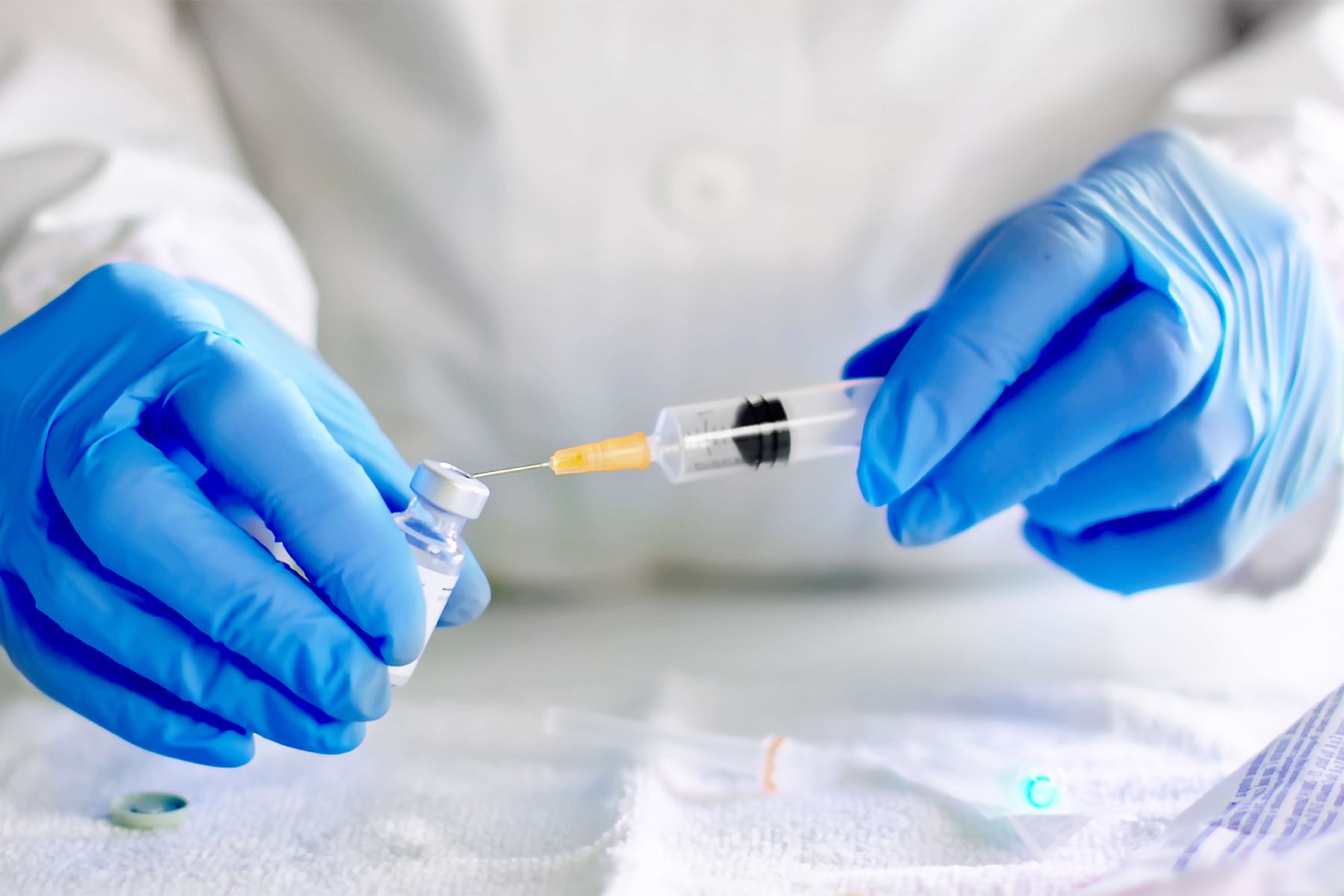
Aug. 19, 2021 -- Following the White House administration's announcement to start booster COVID-19 vaccinations for American adults next month, experts weighed in on the evidence for choosing an 8-month cut-off, how breakthrough infections figure in, and why calling one mRNA vaccine better than the other could be misleading.
Timing came up more than once at the August 18 White House briefing announcing the booster plans. Reporters asked about the start time of September 20 and people waiting at least 8 months after their second mRNA vaccine dose to get a booster.
Anthony Fauci, MD, chief medical advisor to the president and director of the National Institute of Allergy and Infectious Diseases, explained that late September gives the United States time to set up the logistics.
CDC Director Rochelle Walensky, MD, added that 8 months is in part based on data from Israel and other countries on the waning of vaccine effectiveness over time.
"It is possible that eight [months] is associated with the amount of time that we've been able to follow large groups of people, especially those who are 65 and older," Julie Swann, PhD, said during a subsequent media briefing sponsored by Newswise on Wednesday. "I know that Pfizer has said that they think a booster sometime between six and 12 months would be reasonable."
Swann supported the administration's booster shots plan. She said it is important "that we continue to get people the full amount of protection if it's recommended by CDC and ACIP [Advisory Committee on Immunization Practices] that would come from a booster shot." Swann is department head and A. Doug Allison Distinguished Professor at North Carolina State University and an adjunct professor in the Joint Department of Biomedical Engineering at the University of North Carolina at Chapel Hill.
Rising Importance of Breakthrough Cases
Also Wednesday, news emerged that breakthrough cases are on the rise in seven U.S. states, likely because of the Delta variant.
These SARS-CoV-2 infections among the fully vaccinated account for 20% of cases in six of the seven states cited in a New York Times report, for example. Researchers also suggested that hospitalization and deaths associated with breakthrough cases could be higher than previously appreciated.
"It is expected that over time we will see more cases of Delta variant infections among vaccinated people. This points toward the need for booster vaccines and/or eventual modifications to the vaccine to capture new variants in the future," Juan Wisnivesky, MD, , chief of the Division of General Internal Medicine at Mount Sinai Health System in New York City, said during the briefing.
Vaccine Comparisons Unfair?
Following the release of a Mayo Clinic study reporting lower effectiveness of the Pfizer mRNA vaccine at 42% versus 76% for the Moderna product, some people started asking if one vaccine was better than the other.
"To begin with, the vaccines are not being compared side-by-side," Wisnivesky said. "So, we only know the effectiveness of each vaccine versus placebo, but we don't know one versus the other."
He added that different study designs, different populations, and other factors make direct comparisons difficult.
More evidence will be needed, Wisnivesky said, before public health officials can recommend that someone who received one mRNA vaccine switch to another for their booster shot.
Layering Protections
Continuing to recommend masks is essential, Swann added.
"With this Delta variant, it does appear that the possibility of reinfection or of a disease case breaking through vaccination can occur. So that makes it even more important to consider using non-pharmaceutical interventions while we continue to vaccinate people."
Wearing or not wearing a mask is one of the behaviors that drive the transmission of disease, Swann said.
"What we saw across the board is that many people really wanted to go back to normal as much as they could. And we went back to normal a little bit too soon, especially given this new version of the virus that was circulating," she said.
Most Favor Boosters in Poll
A recent poll conducted by Medscape indicates that a majority of vaccinated physicians and nurses are ready and willing to take a COVID-19 booster vaccine. For example, 93% of 943 doctors and 87% of 1,680 nurses who responded want booster shots, either immediately or when they are authorized and recommended.
Among 510 WebMD readers responding to a similar poll, 82% indicated they wanted a booster shot as well.
A Challenging Task Lies Ahead
According to CDC data, as of August 18, almost 169 million Americans are fully vaccinated, including the one-shot Johnson and Johnson adenovirus vaccine.
"I think it will be a challenge to get everyone who is fully vaccinated to come in for that booster," Swann said.
Logistically speaking, Swann explained that many sites that were open for initial vaccinations, including drive-up locations and 24/7 vaccination sites, are no longer operating.
"We might see that rollout look a little bit differently. You might be able to go to your pharmacy or go to your primary care physician," she said.
"But we may not see as many weekend events it so it is going to be easier to get some people a booster than others."
"One interesting thing will also be whether a booster is effective in actually preventing you from giving a disease to someone else," Swann said. "That could make a difference as well, because that might play into whether companies, hospitals, universities, or others require a booster."
"8" - Google News
August 19, 2021 at 11:07PM
https://ift.tt/37V9mXl
Why Are Boosters Being Given After 8 Months? Experts Weigh In - WebMD
"8" - Google News
https://ift.tt/2z1PBPz
https://ift.tt/3c1rzCJ

No comments:
Post a Comment